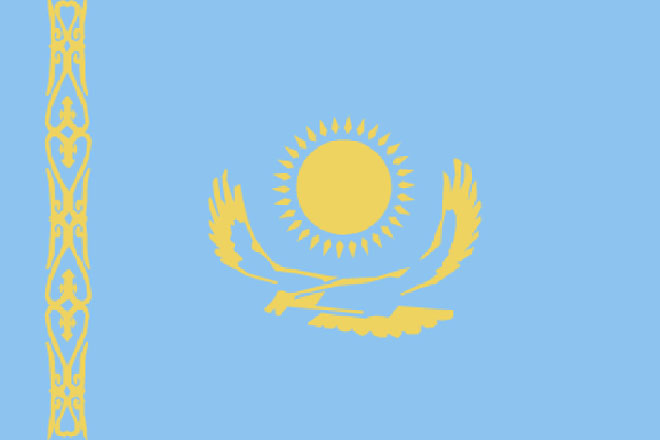Vitaly Volkov, Deutsche Welle,
There is staff purge in economy in Kazakhstan. This change is distinguished by often criminal cases filed towards high ranking officials.
Criminal events in today's Kazakhstan reminded about staff purge conducted by the first president of Turkmenistan Saparmurat Niyazov.
Purge of staff affected different branches of economy
Kazakh financial police detained two deputies of ecology minister Alzhan Braliyev and Zeynulla Sarsenbayev in the end of current winter. They were accused of abuse of official powers and embezzlement of budget funds. Minister of environmental protection Nurlan Iskakov resigned. But he was arrested soon.
Chairman of water resources committee under the ministry of agriculture Anatoly Rabtsev was arrested in March.
Deputy Chairman of Republic agency on statistics Nurman Bayanov was arrested in early June. He was suspected of embezzlement of budget funds.
Detention of Kazatomprom head Muhtar Jakishiyev was principal in this list. It happened in late May. Is there any common factor in these events? Russian expert on Central Asia Natalya Haritonova answers this question.
Deutsche Welle: What caused the last staff purge in economy? Was it caused by policy, tactics of inter-elite fight? Is there any common economic factor testifying about tendency in choice of new economic orientation?
Natalya Haritonova: Processes occurred in political and economic spheres are compelled. There is no striving for correction of concrete economic mechanisms in the last staff purge. I think the matter deals with political decisions. It is natural that we can suppose that authorities launched transition to other economic strategy - centralized and planned management if we sum all those changes happened during the last several weeks in key branches of Kazakh national economy. Special attention is paid to wordings having famous term five-year plan at pages of official media outlets
The matter deals with not only processes that can be indicate as re-privatization but approving of state control over all major branches of national economy. For example, atomic industry remains under full control of state and beyond impact of elite groups after appointment of Vladimir Shkolnik. Earlier activity of managers had speculative character. Presently, state passes to real actions to create complete circle of nuclear technologies in Kazakhstan, as well as voices initiatives to create nuclear fuel bank. For example, it does not call investors by suggesting them uranium mines.
That is, technical and technological characteristics are in the first place in the nuclear industry. Implementation of strict state control with "manual" elements was inevitable in the global financial crisis. Its manifestations are negatively affected by the Kazakh economy, primarily because of its openness and involvement with the global financial system.
In fact, many experts believe that these actions are absolutely justified. Another question is how this all affect the social atmosphere in the country, and what implications this will have in terms of current political processes. Based on the interaction of economics and politics, we can assume that the political field will also be greatly transformed in the near future.
Q: Reshuffle is not always accompanied with arrests. There is "niyazovschina". What is the reason for so tough measures?
A: All we need to talk about the arrests taking place in Kazakhstan and "Niyazovschina" as fundamentally different things. Niyazov did not have large families and therefore not having the opportunity to appoint them to key positions in the State was forced to form a pool of staff on the basis of personal devotion and loyalty. He believes to achieve loyalty from elite and destroy every germ of opposition sentiment, all members of the elite were to be in prisons.
There is fundamentally different situation in Kazakhstan - I would say that this is about punishment, but in fact not even on the sanctions, but the charges and suspicions, in particular crimes of economic nature. We can say that this is the only possible action by the authorities - if not satisfyt illustrative cases in any way, only a sense of impunity will whip bureaucratic elite to commit new crimes of corruption.
But here I understand your analogy with the methods practiced by Niyazov. Indeed, some experts see this as a new trend to restrain elites in order to make it more loyal. But if we talk about new trends, it is more likely to go on "clean" economy and, consequently, the political field from the elements which the authorities believe do not fit into the new model of economic management and, perhaps, in the new political system - same Ablyazov, for example.
That is, this is not a redistribution of resources in its pure form or, as some experts argue, the return of assets, which at one time have been placed under the management of representatives of various elite groups and "out-system" figures. These considerations, too, might carry some merit, and have some relevance to reality, but in my opinion, this is a much more serious and complex processes. By initiating them the authorities still intend to create a stable economic and political basis of the republic in period "after Nazarbayev."
Opinions expressed in this article may be different of those held by Trend






